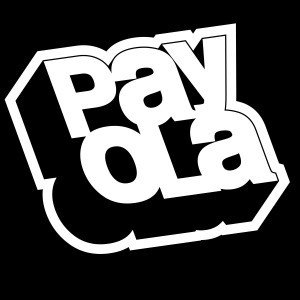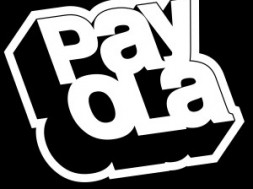
Cordel Green Speaks on the Issue of Payola
Music lovers everywhere are wont to question the quality and depth of the music they hear on today’s radio stations. Some have gone even further to suggest that payola might be the cause.
A possible amalgamation of the words “pay” and the word “Victrola,” the brand name of a record player manufactured by RCA, the practice of paying broadcasters, disc jockeys and the like to ensure that an artiste’s song gains radio airplay actually goes as far back as the 1950s, the period during which the term was coined.
Following a lawsuit during this time involving New York DJ Allan Freed, who was charged with over 20 counts of commercial bribery, the US congress amended their Federal Communications Act in 1960, making payola illegal in North America.
Payola in Jamaica
Payola is also a term with which the Jamaican music industry has become all-too-familiar. Artistes, scholars and associations such as the Jamaica Reggae Industry Association (JARIA) have long linked factors such as the unusually heavy rotation of certain songs on the radio and the frequent ‘bigging up’ of certain artistes to possible evidence of pay for play.
Whilst we at the Broadcasting Commission of Jamaica see payola as compromising the ethics of media practitioners, who are bound by their profession to values of fairness and transparency, pay for play can also have severe consequences for the growth and development of our music industry. Up and coming artistes are unable to promote their music on the radio as they may lack the necessary financial resources. Additionally, as more money must be allocated by artistes towards ‘marketing’ costs, less money is spent on producing and fine-tuning their product to meet the standards of local, regional and international airplay. JARIA, at a BCJ hosted Payola and Anti-Piracy Seminar earlier this year, theorized that payola could lead to violence and pointed to the potential clash between payola participants and other members of the music industry.
The Criminalization of Payola
Payola has not been criminalized in Jamaica. A major hurdle was crossed, however, when BCJ Chairman, Professor Hopeton Dunn announced late last year that the BCJ was in talks with the government to tackle the issue. If the recommendations proposed by the BCJ are adopted and passed as legislation, payola could be punishable by hefty fines of up to J$15 million. The criminalization of payola would lead us as Jamaicans one step closer to tackling the broader issue of corruption which remains ever-present in our society.
(218)







